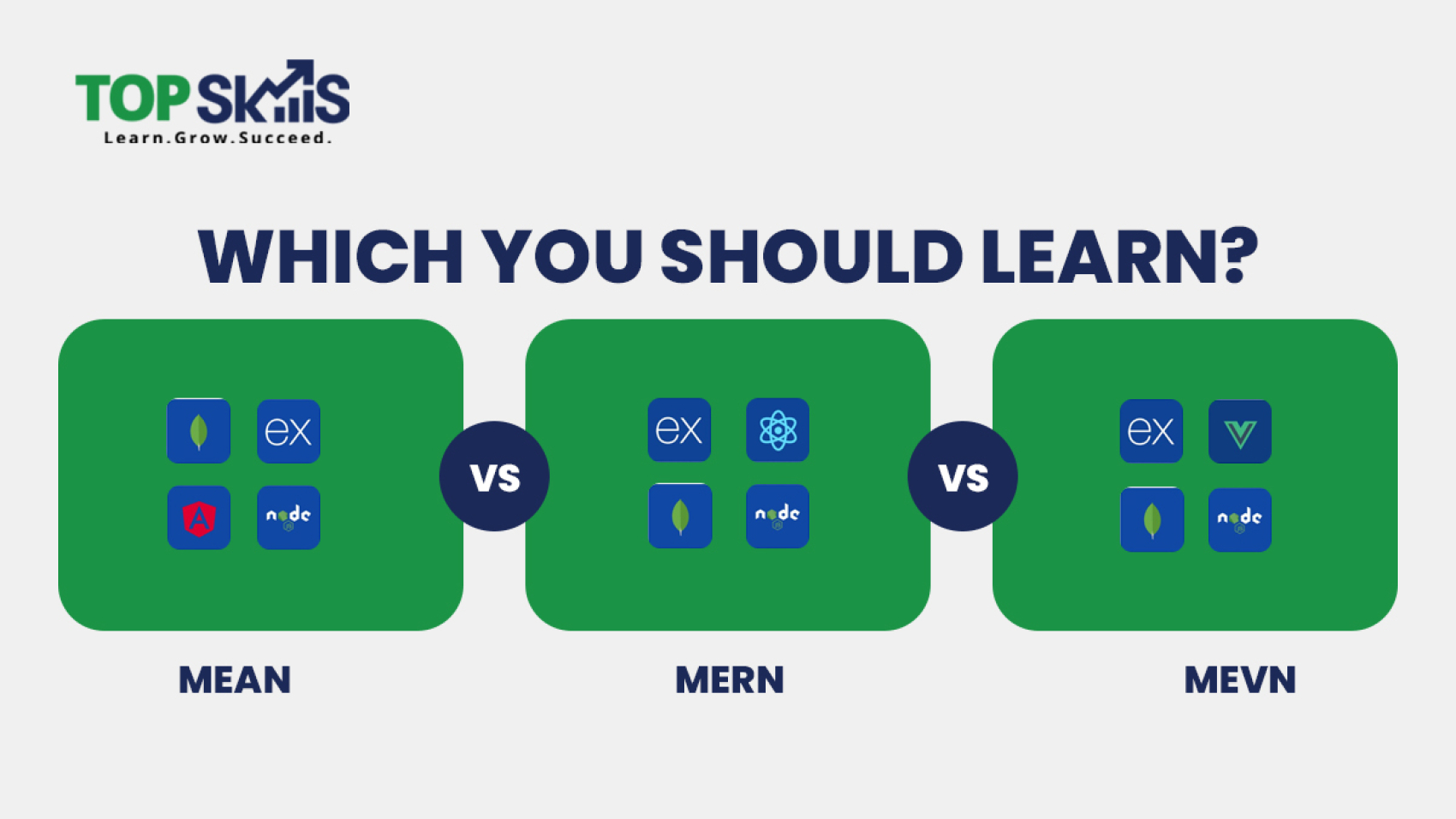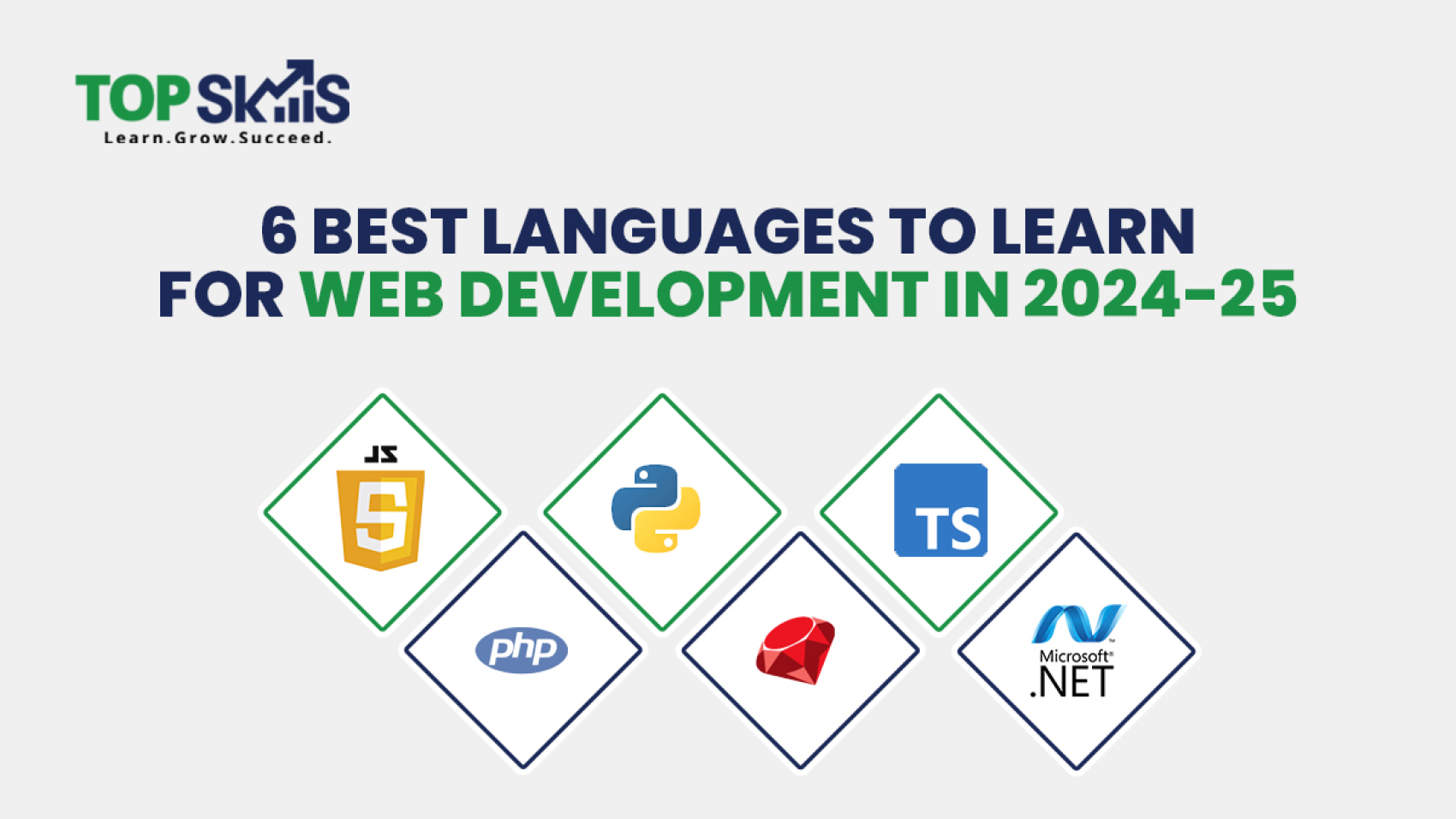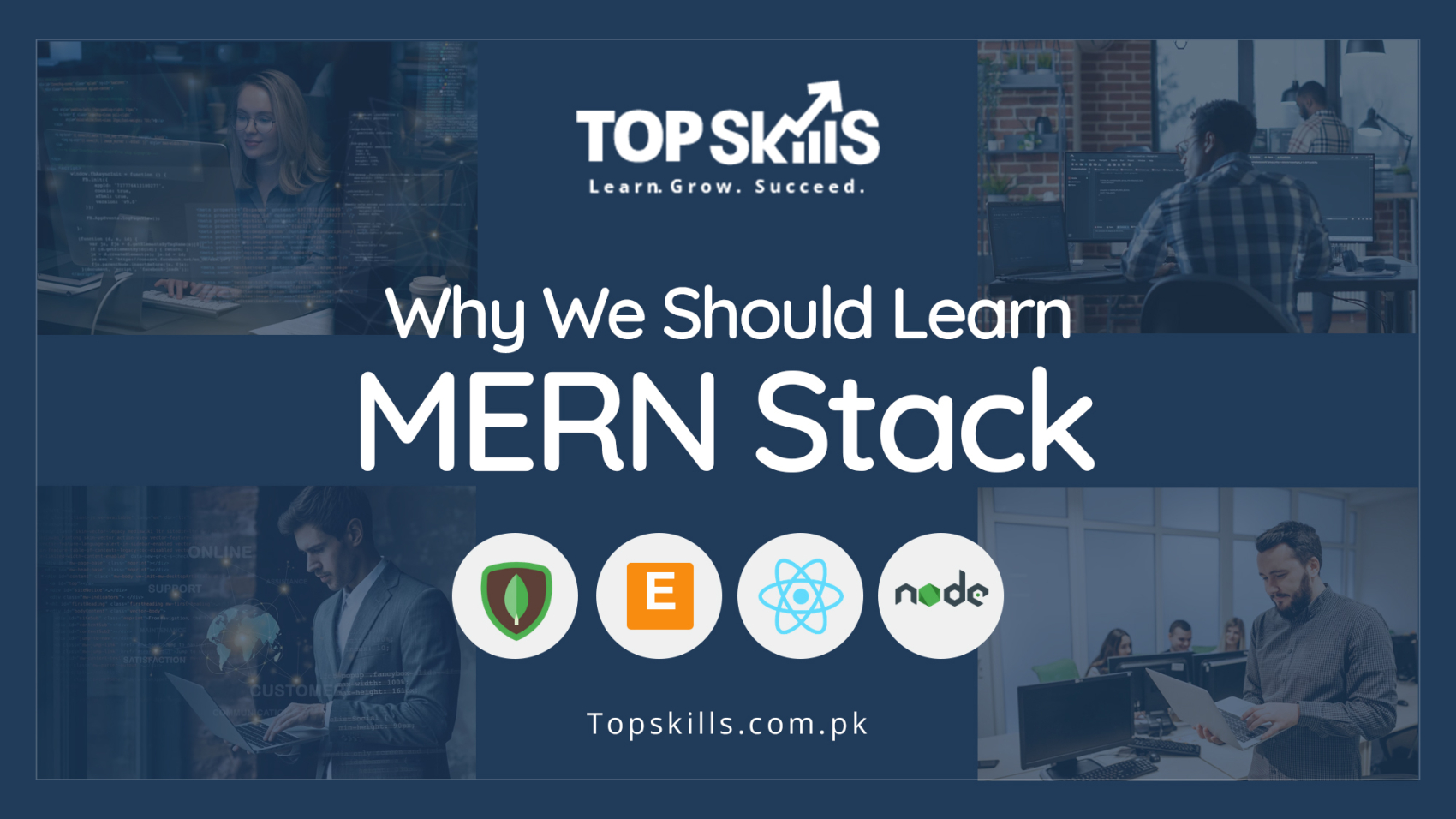In today’s rapidly evolving digital landscape, web development has become an integral part of the technology sector. As businesses, organizations, and individuals seek to establish a robust online presence, the demand for skilled web developers continues to rise. In Pakistan, a country with a growing tech industry, web development offers vast opportunities for those looking to carve out a successful career.
This blog post will explore the scope of web development in Pakistan, examining its significance, components, career opportunities, and the educational pathways to becoming a web developer.
What is Web Development?
Web development refers to the process of creating, building, and maintaining websites and web applications. It encompasses various tasks, including web design, web content development, client-side/server-side scripting, and network security configuration. Web development is the foundation of the internet as we know it, enabling the seamless interaction between users and the digital world.
Web development is typically divided into three categories:
Front-End Development: This involves creating the visual and interactive elements of a website that users interact with directly. It includes coding in languages like HTML, CSS, and JavaScript to design the layout, navigation, and overall user experience.
Back-End Development: This focuses on the server side of web development, where the core functionality of a website is developed. Back-end developers work with databases, server management, and application logic, using languages like PHP, Python, Ruby, and Node.js.
Full-Stack Development: A full-stack developer possesses the skills to work on both the front-end and back-end of a website, offering a comprehensive approach to web development.
Main Components of Web Development
Web development is a multifaceted field that requires a combination of technical skills and creative thinking. The main components of web development include:
HTML/CSS: HTML (Hypertext Markup Language) is the backbone of any website, providing the structure and content. CSS (Cascading Style Sheets) is used to style and layout the web pages, ensuring they are visually appealing and user-friendly.
JavaScript: This scripting language adds interactivity to websites, allowing for dynamic content, animations, and real-time updates. It is a critical component of front-end development.
Responsive Design: With the rise of mobile devices, responsive design ensures that websites are accessible and functional across various screen sizes and devices. It involves using flexible layouts, media queries, and responsive images.
Database Management: Databases store and manage the data that powers websites and web applications. Common database management systems include MySQL, PostgreSQL, and MongoDB.
Server Management: Servers host websites and deliver content to users. Web developers must understand server management, including configuring and maintaining web servers, handling security, and managing performance.
APIs (Application Programming Interfaces): APIs allow different software applications to communicate and share data. They are essential for integrating various services and functionalities into a website.
Scope of Web Development in Pakistan
The scope of web development in Pakistan is vast and continuously expanding. With the increasing digitization of businesses, government services, and educational institutions, the demand for skilled web developers has never been higher. Several factors contribute to the growing scope of web development in the country:
E-commerce Boom: The rise of e-commerce platforms in Pakistan has created a significant demand for web developers. Businesses of all sizes are moving online, requiring professional websites and web applications to reach their target audience.
Digital Marketing: As companies invest more in digital marketing, they need well-designed and functional websites to showcase their products and services. This trend has further fueled the demand for web developers.
Start-up Ecosystem: Pakistan’s start-up ecosystem is thriving, with numerous tech-based start-ups emerging across the country. These start-ups require web developers to create and maintain their digital platforms, driving further demand for web development skills.
Freelancing Opportunities: Pakistan is one of the top freelancing hubs globally, and web development is a highly sought-after skill in the freelance market. Many Pakistani developers are earning a substantial income by providing web development services to clients worldwide.
Career Opportunities in Web Development
Web development offers a wide range of career opportunities in Pakistan, catering to different skill levels and interests. Some of the popular career paths include:
Front-End Developer: Front-end developers focus on creating visually appealing and user-friendly websites. They work closely with designers to implement the layout, design, and interactivity of websites.
Back-End Developer: Back-end developers are responsible for the server side of web development, managing databases, server logic, and application functionality. They ensure that websites run smoothly and securely.
Full-Stack Developer: Full-stack developers possess the skills to work on both the front-end and back-end, making them highly versatile and in demand. They can handle the entire web development process from start to finish.
Web Designer: Web designers focus on the visual aspects of a website, creating the overall look and feel. They work with front-end developers to implement their designs.
UI/UX Designer: UI (User Interface) and UX (User Experience) designers ensure that websites are easy to navigate and provide a positive user experience. They conduct user research, create wireframes, and design prototypes.
Web Development Consultant: Experienced web developers can work as consultants, providing expert advice and solutions to businesses looking to improve their online presence.
Salaries in Web Development
Salaries in web development vary based on experience, location, and skill level. In Pakistan, web developers can expect the following salary ranges:
Entry-Level: PKR 40,000 – 60,000 per month
Mid-Level: PKR 60,000 – 120,000 per month
Senior-Level: PKR 120,000 – 250,000+ per month
Freelancers in web development can earn significantly more, depending on the complexity of the projects and their client base. Experienced freelancers can charge hourly rates ranging from $15 to $50 or more.
Essential Education and Skills Required to Become a Web Developer
Becoming a successful web developer requires a combination of formal education and practical skills. While a degree in computer science or a related field is beneficial, it is not always necessary. Many successful web developers are self-taught, having gained expertise through online courses, tutorials, and hands-on experience.
Proficiency in HTML, CSS, and JavaScript: These are the core technologies of web development, and every aspiring web developer should master them.
Knowledge of Frameworks and Libraries: Familiarity with popular frameworks and libraries like React, Angular, and Vue.js can significantly enhance your development capabilities.
Understanding of Responsive Design: As mobile usage continues to grow, understanding responsive design principles is essential.
Version Control (Git): Version control systems like Git are crucial for collaborative development, allowing multiple developers to work on a project simultaneously.
Problem-Solving Skills: Web development often involves troubleshooting and finding creative solutions to complex problems.
Attention to Detail: A keen eye for detail ensures that websites are visually appealing and free of errors.
Continuous Learning: The field of web development is constantly evolving, so a commitment to continuous learning is vital to stay up-to-date with the latest technologies and trends.
Why Choose Top Skills for Web Development Courses?
At Top Skills, we understand the importance of staying ahead in the competitive field of web development. As Pakistan’s leading IT institute, we offer comprehensive web development courses designed to equip you with the skills needed to succeed in the industry.
Expert Instructors: Our courses are taught by industry professionals with years of experience in web development. They provide practical insights and hands-on training to ensure you gain real-world skills.
Comprehensive Curriculum: Our web development courses cover everything from the basics of HTML and CSS to advanced topics like full-stack development and responsive design. Whether you’re a beginner or looking to enhance your skills, we have the right course for you.
Flexible Learning: We offer flexible learning options, including online and in-person classes, so you can learn at your own pace and according to your schedule.
Intensive Bootcamp: For those looking to accelerate their learning, our intensive bootcamp offers a fast-track program that covers all essential aspects of web development in a condensed timeframe. This immersive experience is perfect for those eager to jumpstart their careers in the shortest possible time.
Career Support: At Top Skills, we don’t just teach you web development; we also help you build a successful career. Our career support services include resume building, interview preparation, and job placement assistance.
Community of Learners: Join a vibrant community of learners and professionals who are passionate about web development. Network, collaborate, and grow together with like-minded individuals.
Web development is a field with immense potential in Pakistan, and with the right education and skills, you can build a successful and fulfilling career. Enroll in our professional web development courses today and take the first step towards becoming a top web developer in the industry.











